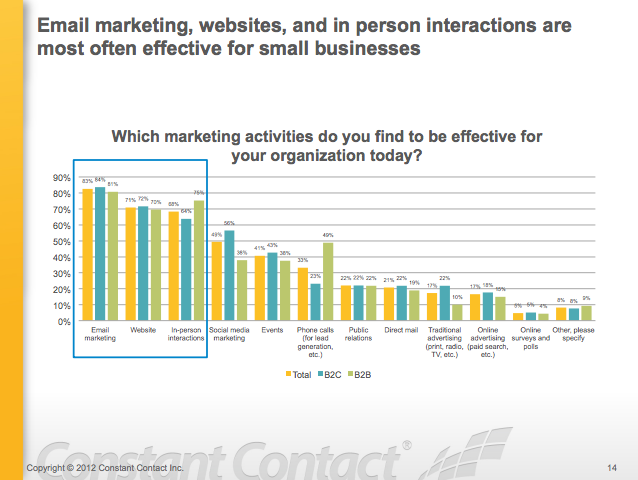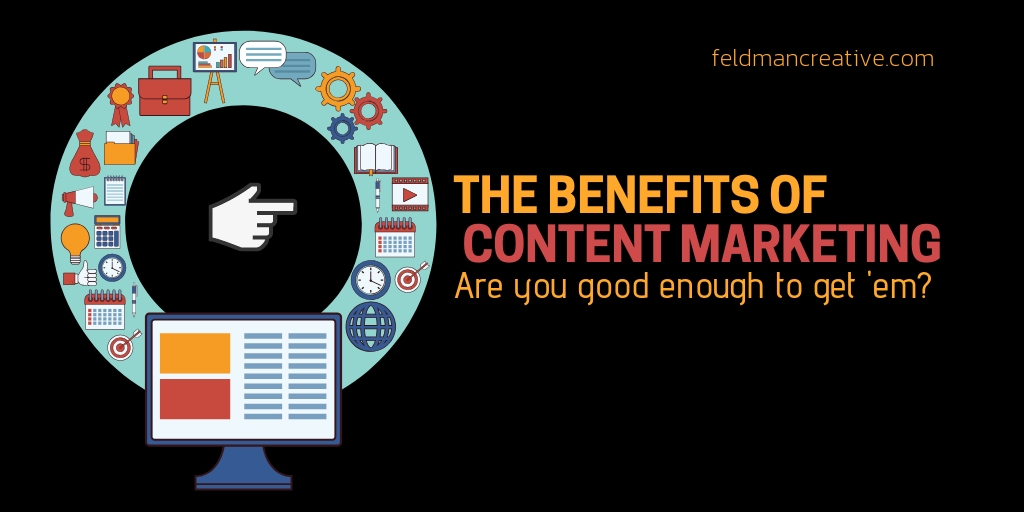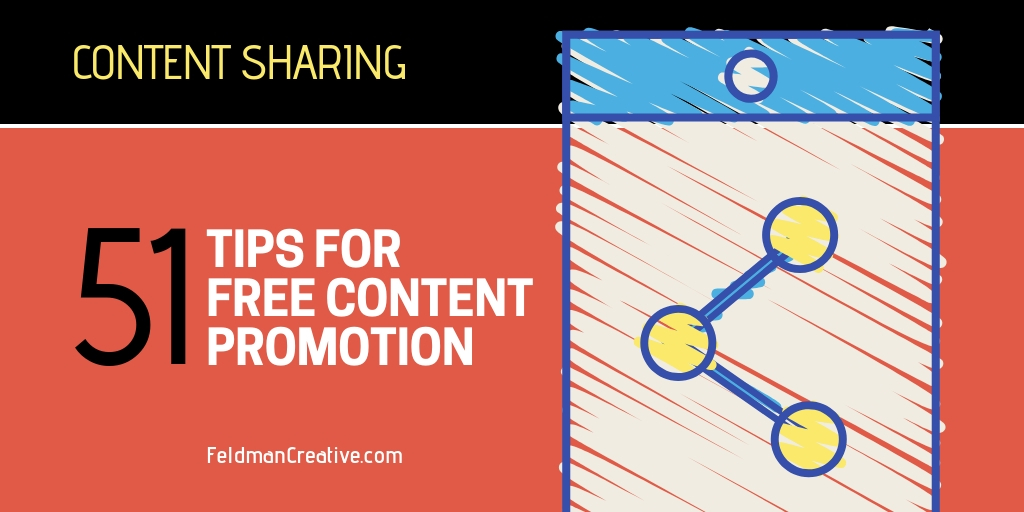This is an old joke, but a profound one…
Guy goes to see his doctor. He says, “Doc, it hurts when I do this. What should I do?” Doctor says, “Stop doing it.”
And then there’s that axiom from the famous physicist Albert Einstein, who said…
The definition of insanity is doing the same thing over and over and expecting different results.
Are you insane?
Forgive me for probing into your mental health uninvited, but it feels like my question needs to be asked. I’m going somewhere with this, which is based on a chunk of data I’ve come across in a number of articles this month citing the research findings from “Constant Contact Small Business Pulse.”
The report begins by highlighting the top three answers to “What keeps you up at night?”
- First place: How to attract new customers
- Second place: Connecting and engaging with existing customers
- Third place: Getting referrals from current customers
Though I lack the credentials to assess insanity, so far, the respondents strike me as perfectly sane. But then, they’re asked about marketing their small businesses with the question, “Which marketing activities do you find to be effective for your organization today?” Survey says:
- Gold: Email marketing
- Silver: Website
- Bronze: In-persona interactions (I find it odd this qualifies as a marketing activity.)
- Fourth place, but no medal: social media marketing (where B2C folks scored fairly high at 56%)
The remaining results, which we’ll dub “not so effective,” included events, phone calls, PR, direct mail, traditional print and broadcast advertising, and online advertising.
Are you one of the small business marketers who keep going back to these marketing tactics and find they’re producing weak results? You know what the scientist would say.
The first prescription is obvious.
Stop. If you’re investing in marketing tactics that don’t work for your business, stop. Let me try to put that more simply: stop.
Take inventory of Constant Contact’s findings. Ask yourself if you’re putting your time and money into the top four, the more effective marketing strategies. No? Why not? In addition to understanding what made the top performers list, I encourage you to consider a powerful selling point common to the foursome: they are free.
Okay, I used the term “free” a bit recklessly. Nothing’s free. These tactics require the investment of time. They rely on expertise too. So my advice here, if you want to see your small business thrive: find the time. Find the expertise. Do some reallocating of your marketing dollars.
With three of the top four being web-based, one might go as far as concluding web-based marketing is more effective than your traditional channels. You think that’s just the website copywriter and content marketing consultant in me talking? I don’t. (Plus, I wanted to insert a few backlinks.)
What would Albert do?
You don’t get to be called Einstein if you interpret everything as black and white. In an effort to apply some critical thinking, I propose you could interpret this data two ways:
1. You’re doing the wrong thing.
2. You’re doing the thing wrong.
You follow me? Hope so. I’ll go with an analogy, which is a Feldman Creative Persuasion Pointer.
Say, Sam tries and tries, but can’t get a date. He asks out the people he fancies and keeps getting no for an answer. You might conclude Sam should stop asking. But you might not. Alternatively, you could conclude Sam should do it differently. Different approach. Different style. Different venue. Different people.
It’s quite possible Sam would get different results. Ask Albert.
Head banging hurts.
The research study reports social media is less effective for small B2Bs than B2Cs. Again, we need not interpret that to be true. It’s true that respondents in the survey expressed their opinions as such, but you might very well be able to make a case that small B2Bs need to learn more about using social media effectively. Just saying.
And now for my conclusion. If your marketing tactics aren’t working, change them. Experiment. This is what scientists do. And though I’d be the last one to tell you marketing doesn’t require a talent for art, I’ll be first to tell you it’s now a science.
One more deep philosophical thought for you on our subject du jour…
They say when you spend a lot of time and energy banging your head into a brick wall, it feels good to stop. How do you feel?
Want some new ideas for your online marketing? Get my free eBook, “21 Pointers to Sharpen Your Website.”








Comments
Brian Loebig
I find it a bit self evident (and a bit misleading) that Constant Contact would discover email newsletters to be the top form of marketing for a business. They were polling their own customers in the survey and a vast majority of their customers use their email product. I use Constant Contact for criminalthinking.net but I don’t see it as the #1 most effective form of marketing. What is most effective really depends on ones business model. Great food for thought as usual Barry!
Barry Feldman
I do love a cynic, but yeah, very fair response. Also, you could make a case the scales were tipped because email marketing is “by request” (or at least it’s supposed to be). Hey Brian, check out BigMarker.com
StepheN
I feel you told me what as already obvious. Would you advertise high heel shoes in Hunting and Fishing Magazine? The problem for many of us is, we can’t afford to pay for the reach we need. We need more people to reach who are the right audience/prospect for what we offer, but can’t afford to reach them via email, or social media. Consequently, the only method that is earning any money for some of the respondents is picking up the phone or otherwise face-to-face contacts and soft sales efforts. Contra to what I’m often told, I think social media “advertising” is almost worthless. However, buying ads in the right margin of Facebook or other social media might be helpful. The problem is they’re too expensive and reaching a general audience which is not a good prospect. The same advertising/expense problems remain with us with our without the Internet, and even with “free” (in some cases worthless) social media networks.
Barry Feldman
I welcome and encourage comments such as this and thank you for taking the time to contribute. I can’t offer a reply though, because I don’t really understand if you’re presenting a counterpoint. From what I gather you’re saying telemarketing works for many. So be it. What I’m saying is run with what works and nix what doesn’t. Thanks for hanging here.